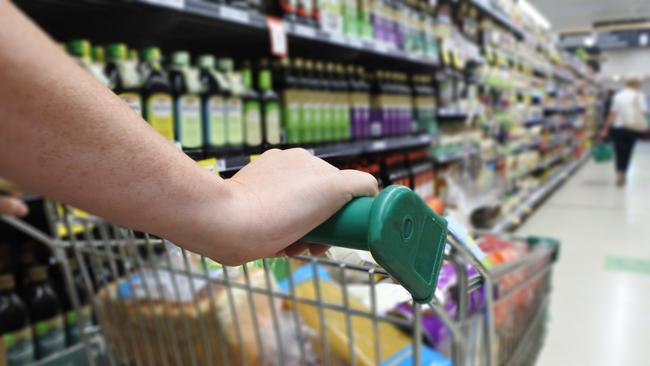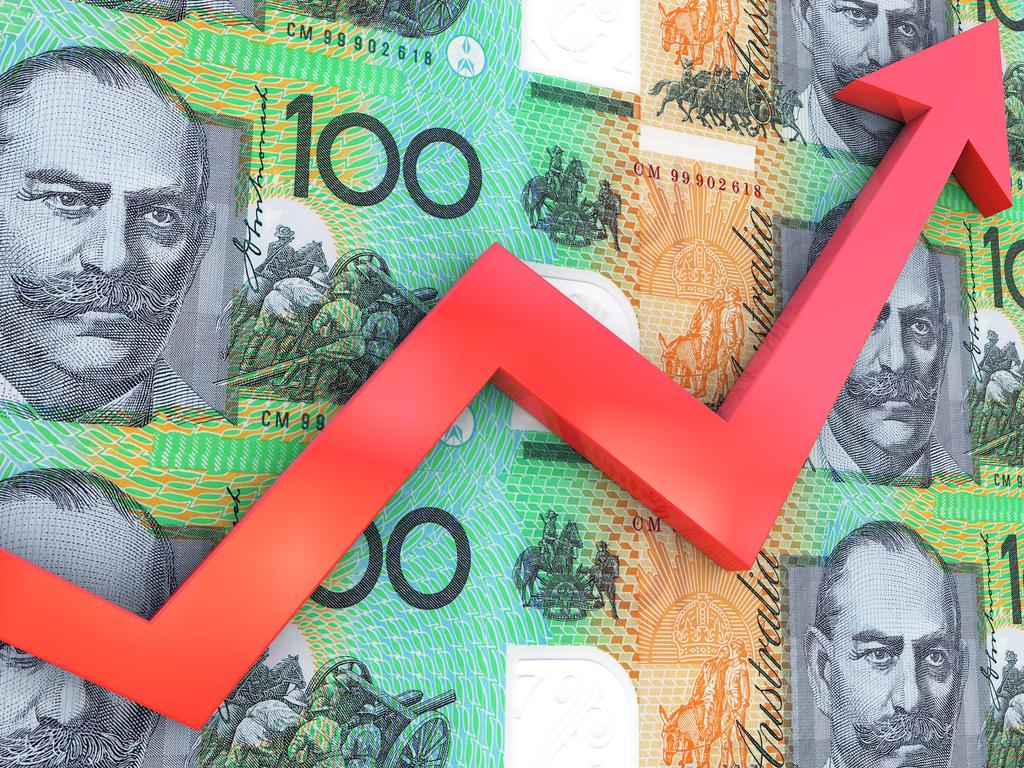Consumers will keep spending on food at cost of other goods, says Morningstar
Consumers are expected to divert spending to consumer staples, such as food and groceries, at the cost of fashion, electronics and hardware as household budgets are hit by inflation.

Business
Don't miss out on the headlines from Business. Followed categories will be added to My News.
Consumers are expected to divert spending to consumer staples, such as food and groceries, at the cost of discretionary goods ranging from fashion to hardware as higher prices and steeper interest rates pinch household budgets.
However, the net effect of rising food prices will likely be a positive for supermarket profits.
The latest research from Morningstar Equity Research argues that although some consumers are likely to feel the pinch of higher grocery prices, food demand is forecast to remain relatively inelastic to steeper inflation.
Morningstar analyst Johannes Faul said available household spending will be reallocated to supermarkets at the expense of other purchasing decisions, even as food prices race ahead.
And these higher prices at the checkout aren’t necessarily bad news for supermarket giants Woolworths and Coles.
“Higher prices combined with steady demand are likely to underpin top-line growth for supermarkets, despite some offset from consumers switching to cheaper products,” Mr Faul said.
“We also anticipate supermarket profit margins to remain relatively steady during our forecast high inflation period of fiscal 2022 to 2023, even as their cost of doing business catches up with consumer price inflation.”
The strength of earnings for supermarkets will be revealed next month as reporting season takes off and the two major retailers release their full-year results for fiscal 2022.
Woolworths and Coles have already testified to the higher inflation running through their businesses this year, with key food and grocery suppliers lodging multiple requests for price hikes to cope with rising input costs for their own businesses. In many instances these price rises have been passed along to the consumer.
“In July 2022, Australia’s largest supermarket operators – Woolworths, Coles, and privately owned Aldi – raised shelf prices for their private milk labels by at least 15 per cent,” Mr Faul said.
“The milk price hikes come on the heels of milk processor no-moat Bega Cheese’s announcement that it expects farm gate prices in its largest supply region to increase by 30 per cent in fiscal 2023.
“Unfortunately for consumers, significant shelf price increases are prevalent beyond dairy with broadbased inflation across many food categories.
“Already in the March quarter of 2022, Coles and Woolworths reported inflation in packaged categories like non-alcoholic beverages, as well as fresh categories, like beef, broccoli, and tomatoes.”
Mr Faul said Morningstar’s shopping basket indicator pointed to food price inflation accelerating in the June 2022 quarter, and materially stepping up again in the first weeks of July.
“Our initial readings for September quarter 2022 point to escalating inflation, with the average price rises in the midteens.”
Originally published as Consumers will keep spending on food at cost of other goods, says Morningstar





